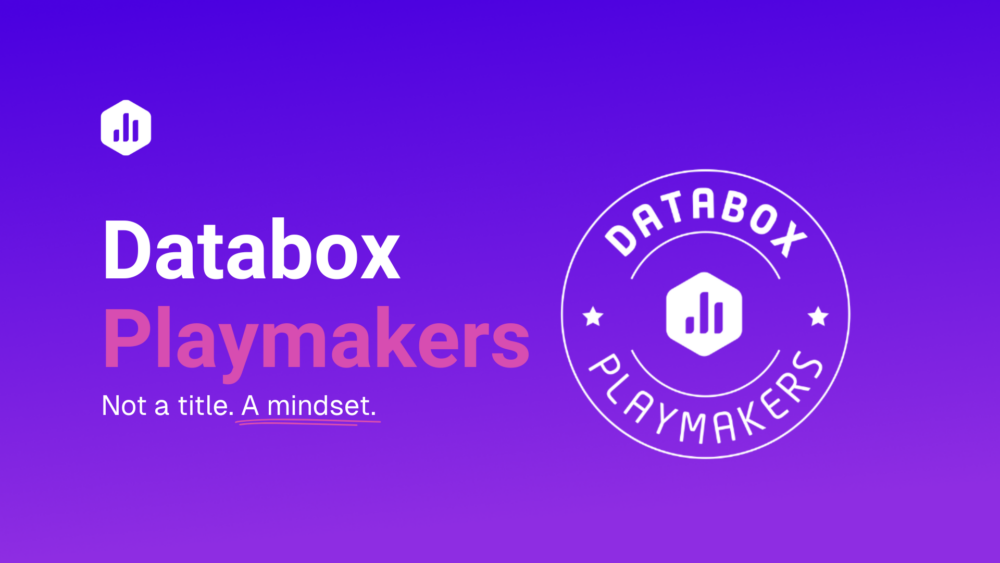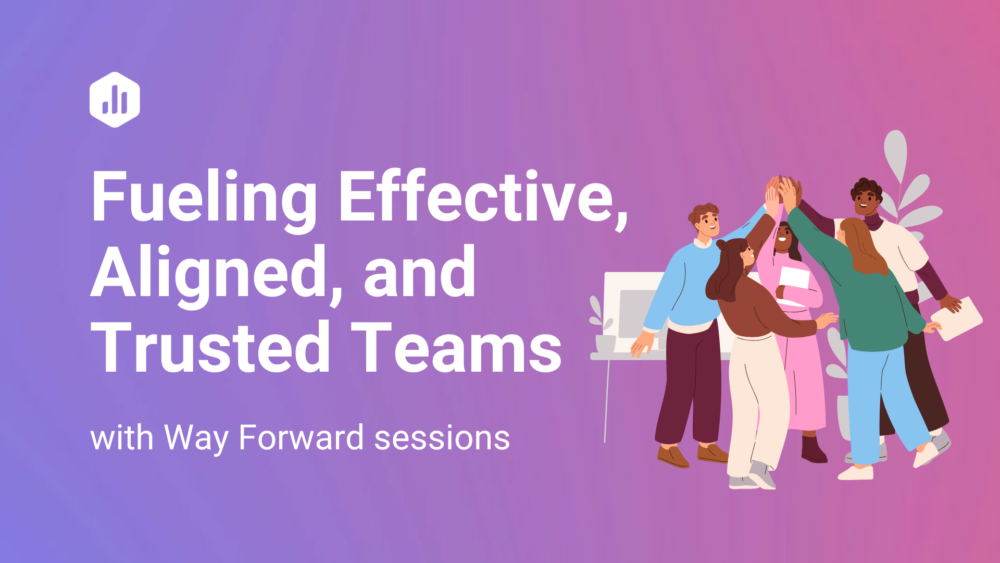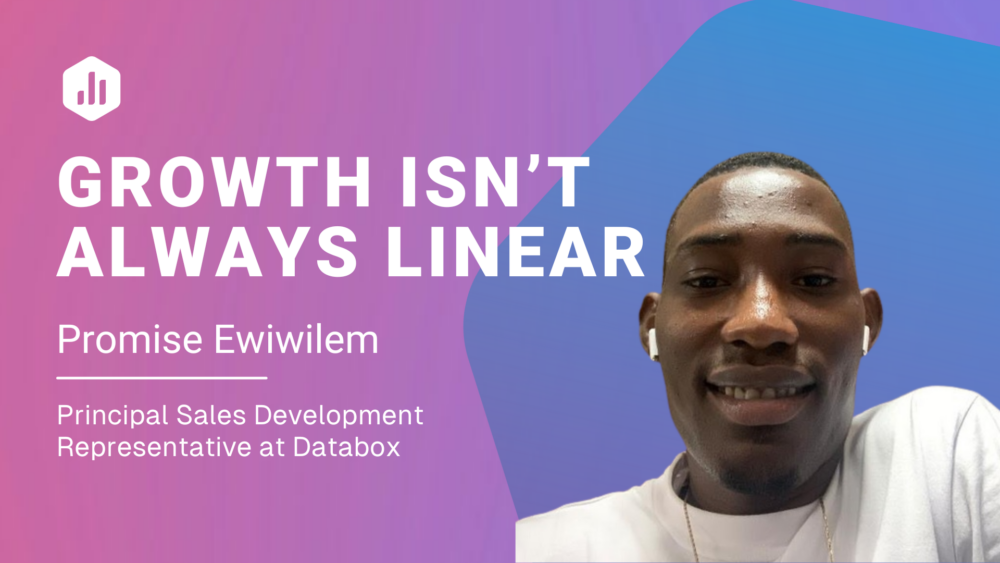Table of contents
Knowledge is powerful – but only when it’s used and shared. With the workplace culture changing and becoming an environment where employees are encouraged to work together, the knowledge-sharing culture can do wonders for an organisation or even make a difference between surviving and thriving.
From onboarding new team members, sharing ideas, cross-team collaboration and on-demand support, passing on knowledge and experience can be the currency that makes your organisation more valuable in this fast-paced and ever-changing business climate.
Why Creating a Knowledge-Sharing Culture is Key for Growth
A knowledge-sharing culture, which often goes by different names, such as “culture of sharing”, “collaboration culture”, or “corporate learning hub”, is an internal knowledge management system, formal or informal, that enables and empowers employees to work together, exchange information and collaborate freely. The idea of an internal knowledge-sharing culture is that the knowledge shouldn’t be siloed but available to everyone, no matter their position.
If done right (and effectively), it can significantly impact the productivity of the team, encourage idea-sharing as well as retain talent. Furthermore, adopting a knowledge-sharing culture can also help your employees develop a strong sense of togetherness, help them work better as a team and help your organisation build a strong company culture.
It sparks innovation and increases productivity. One of the main advantages of a knowledge-sharing culture is increased productivity. When your team members feel comfortable in their roles and are encouraged to share their knowledge, they can collaborate better and develop innovative solutions to keep your company running smoothly.
It contributes to psychological safety at work. When employees feel safe and confident, they won’t face negative consequences; they can also be open about what they don’t know. That way, their managers or colleagues can fill in the gaps in their knowledge.
It discourages people from hoarding knowledge. In a culture where the employees are encouraged to share knowledge, there is no need to accumulate the information for yourself. Additionally, that means the knowledge won’t leave the company when the specific individual leaves. Knowledge can easily slip through the cracks. And when new people join, the opposite occurs. They first must learn everything about the organisation, its products or solutions and the company culture before they can start exceeding in their roles. Hiring new employees and onboarding them can be costly and time-consuming, which makes it harder for your business to succeed.
It promotes personal growth. When people build on their professional skills, those same skills can also help them in their personal life. When we enrich our brains with new and valuable information, we improve our ability to think, process and analyse, which can benefit all aspects of life.
It helps retain talent. Prioritising knowledge sharing can mean a difference between retaining your best talent and losing it. When employees feel connected and appreciate the company is investing in their growth (both professional and personal), they will be more committed to the organisation.
But there is a “catch”; the communication has to flow – not top-down or sharing in closed circles. The most effective way for this model to succeed is if it’s encouraged not only horizontally between team members but also vertically between the executives and the rest of the team. Employees should be encouraged to share ideas and provide feedback to the CEO, as well as ask questions about the decisions the executives are making.
#1 Condition for building a culture of growth
To build a successful knowledge-sharing process and environment, every company should meet one essential condition – to nurture a company culture which encourages curiosity, has an open-door policy, promotes open communication and encourages its team members to speak up. That way, knowledge can flow among the whole team and doesn’t end up being siloed among departments.
Like this, you don’t only promote learning but also encourage a growth mindset, where skill building is appreciated across all levels.
And the most important thing? The kind of company culture that promotes all these things shouldn’t just stay on paper – you should be actively encouraging the growth of collective intelligence among your team.
Here’s how to approach encouraging the growth of collective intelligence:
- Encourage exploring and applying new ideas in every possible way;
- Actively promote knowledge sharing through events, workshops, debate clubs, cross-team collaborations, etc.;
- Arrange office space to encourage sharing and redesign meeting structures to elevate connection, sharing, and openness;
- Implement an internal knowledge-sharing platform and select the right tools to make this happen (we’re a big fan of Confluence, BlogIn, Slack and Asana);
- Have an effective documentation process, which you can turn back to whenever needed;
- Reward team members who are sharing knowledge and stimulate other team members to start doing the same;
- And most importantly – let people know that mistakes are ok, it takes time to learn, and they are part of the learning process.
For us here at Databox, both professional and personal growth are a big deal. We encourage and support our Playmakers to keep on learning and evolving, so they can keep exceeding in their roles as well as in their personal lives. This is why knowledge sharing has a place among the Databox competencies that support our company values, too.

Coming from various backgrounds and cultures but connected through shared values, we believe the unique talents and perspectives that each of us brings to the table are the ones that make up our phenomenal team culture—an environment that thrives only when everyone succeeds. Which for us not only means teamwork, strong work ethic, respect, and recognition but also embracing diverse perspectives and building a collective knowledge. Everything that sums up one of the core values we share – “Play as a team”.
How We Cultivate A Culture Of Sharing At Databox
Our knowledge-sharing culture at Databox could be divided into two segments. On a more formal level, or we could also say technical level, we have a well-established 90-day process of onboarding and training new team members into their roles, our engineering teams host monthly Show & Tell and Tech Mindshare meetings, and we also have an internal blog and an extensive knowledge base. In this sense, a big part of sharing information is tied to the use of tools that make that easy. Besides numerous other benefits, the communication and project management tools that we use daily help us share information easily, freely, and without hesitation. Our favourites are Slack, Asana, BlogIn, and Confluence, to name a few.
On the other hand, stepping away from work-related topics, we have knowledge-sharing initiatives closely tied to personal development. Plus, we’re also firm believers that the transaction of knowledge also happens in more informal settings, such as bonding and having fun. Besides introducing our new Playmakers to our products and processes during the role-specific onboarding, we also ensure they learn more about our company culture during their onboarding into Databox culture or share new learnings in discussion groups such as Book Club, Podcast club, etc.
Check out some more of our internal knowledge-sharing methods and initiatives below:
Databox Knowledge Base & Internal Wiki
Our Knowledge Base and Internal Wiki are our go-to places for internal guidelines, documenting processes, specifications, postmortems, use cases, etc. They are the resources our Playmakers can always fall back on whenever they’re stuck or need some additional information about how things are done at Databox. Additionally, our internal wiki blog is also dedicated to sharing quarterly plans, new programs, vision, team updates, thoughts and lessons on a different subject each of us can share with the team.
Deep-dive meetings
We still put a lot of focus on day-to-day communication, the flow of information, and team connection, which is what we believe makes a big difference in our efficiency. Keeping all team members on the same page by doing regular deep-dive meetings and weekly team meetings is crucial for our teams to push forward and, at the same time, keep the communication flow up to date by doing a quick brainstorming session and sharing new learnings with each other. One of those initiatives is our Tech Mindshare, where especially tech leads, architects and engineering managers discuss different tech topics across the company.
Show & Tell Events
Mainly hosted by our Product & Engineering teams, our monthly Show&Tell events allow everyone in the team to learn new about new projects and technology used within Databox but also in the industry. The main goal is to exchange technical knowledge, challenges, and experience gained from different teams and team members.
Mentoring & Buddy Program
As already mentioned, whenever we get a new Playmaker in the team, they go through the 90-day Databox onboarding and get an assigned Buddy. This means everyone who joins the company gets paired up with a Databox Buddy, who helps the new team member to understand our company culture and day-to-day processes better, introduce them to the rest of the team, bridge social connections, share advice, and answer questions as they come up.
Leadership development program
One of the development programs we have started in the past year is the leadership program dedicated to our “first-line” leaders. During the program and several sets of training, our leaders get familiar with different leadership methods and learn how to act in specific situations and build trusted relationships, how to empower team members to reach their potential, about different coaching principles, and the transformational leadership. And here, 2 of 3 segments are specifically dedicated to knowledge-sharing – the learning circles and reflection sessions, all done in a psychologically safe environment to exchange learnings and experiences based on our practice of specific leadership methods through everyday work.
Databox Book Club
As you might know, one of our core values at Databox is the continuous growth that comes with challenging yourself to become your best version. Growth, personal or professional, can be reached in many ways – through learning about the world, evaluating your life, and experiencing new things, concepts, or places. One of the best ways to grow is also through reading. That’s why one of our favourite personal growth initiatives is definitely our Book Club, where we read and discuss books based on a specific topic, either in personal development or other areas of expertise close to our industry. The main goal is to leverage new learning in a way that can benefit us as individuals and as a team – which can be best done in discussions. So besides the extensive reading suggestion list and an office library, we choose one book a month to read and discuss together – such as Atomic Habits, Deep Work, and Leading Without Authority, to mention just a few.
Additionally, last year our Community Development and Customer Success teams also started a new Podcast Club, where we discuss the main points of our Metrics & Chill podcast episodes and Weekly Snacks, where we share new insights about different cases our support teams are handling daily.
Slack Channels
Last but not least, one of our ways to learn new things and get inspired is through our joint Slack channels. We have different channels dedicated to collaborating, encouraging each other, sharing different ideas and getting insights into what’s happening in the industry.
One such channel is definitely the “Customer Success Questions,” where team members have the dedicated space to ask questions about the product and on the other hand, help others by sharing their knowledge to help them with finding the best solutions for our customers.
Another one is our “quick wins” channel we already talked about in our blogs. This channel is especially lively because it’s dedicated not only to praising each other for doing an excellent job; like remarkably solving a customer chat, helping out a client, closing a deal, solving an annoying bug, etc., but more so a space where everyone can learn from their colleagues and use the knowledge from their use cases to their advantage in the future.
We also have channels based on interests, such as #personal-growth we share ideas and learnings that help us grow personally. and last but not least, #ideas-and-inspiration channel where we share new discoveries and novelties in the industry.
We believe an organisation that actively invests in knowledge sharing can always stay ahead of the curve. But creating a culture of sharing requires energy and consistent focus, which can drive employee engagement and empowerment.
When you let your team members know they have countless opportunities to further develop their skills (both personal and professional) within your organisation, they will be able to shine in their roles, share innovative ideas and help come up with solutions that can help your business thrive even more.
These changes might seem small or insignificant, but they can greatly elevate your team dynamic. Great collaboration starts with having trust in your team, and culture of knowledge-sharing ensures this success.
To sum up, a knowledge-sharing culture is too important not to make it a priority. And once you’ve got all of these in place, there are no limits to what you can achieve in business.













